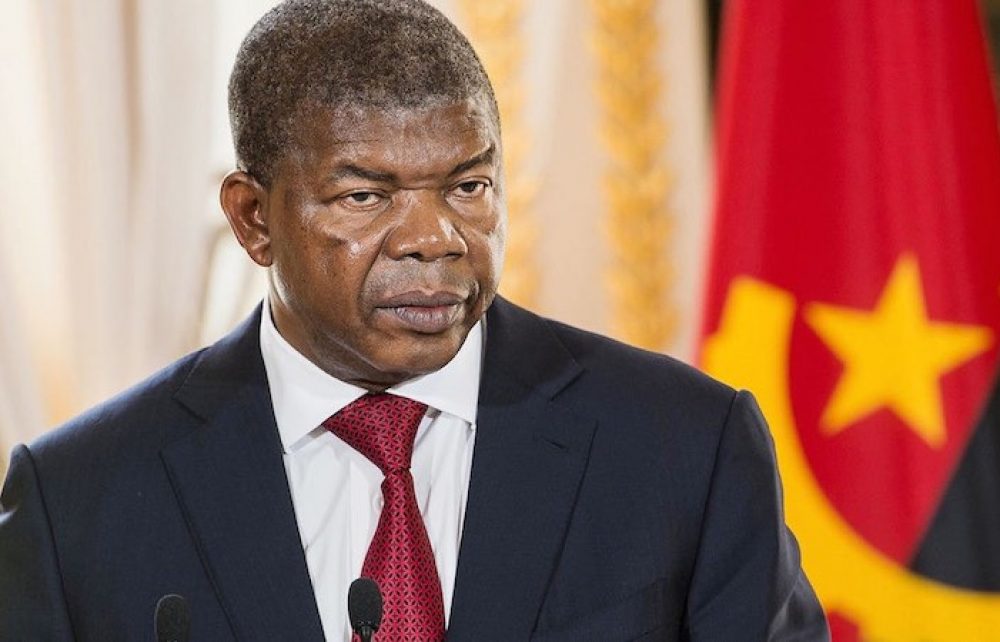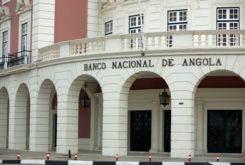The Angolan Government´s ongoing drive to privatise dozens of companies and attract foreign investment to free zones will be hampered by the global economic downturn caused by the Covid-19 pandemic, according to the Economic Intelligence Unit (EIU).
In early June the government drafted a proposed law to support the creation of free zones (FZs), and plans to encourage investments within these through the provision of tax benefits and incentives (particularly regarding customs taxes on imports and exports), alongside special supportive financial and labour regulations.
“If successful, the FZs could foster the development of new technologies, create jobs, encourage training and skills development, bring in investment and support research and development”, the EIU says in its most recent report on Angola, which forecasts a decline in the country´s GDP of 4.1% in 2020 as oil and non-oil economic activity declines.
“By creating geographic areas with a high density of companies, the government aims to attract further investment as businesses operating in the FZs benefit from cluster effects. The zones would also lead to a reduction in imports and an increase in exports through increased growth in the domestic manufacturing and industrial sectors”, it adds.
Measures to diversify the economy away from oil and to promote investment, implemented by president João Lourenço since taking office in 2018 have been redoubled as the global economy contracts and low oil prices undermine government revenue.
“The government’s ongoing economic diversification drive will ultimately yield growth in the nonoil economy, but investment inflows will be hampered in the short term by the challenging operating environment, which will be exacerbated by worsening investor sentiment as the global economy contracts. The FZs could encourage investment, but many broader barriers to diversification will remain”, the EIU states.
Real GDP growth should return from 2022 onwards, as oil investment inflows increase while government reform efforts, loose monetary policy and the ongoing privatisation of state assets facilitate growth in the non-oil economy.
“However, substantial increases in real GDP and longterm non-oil expansion will require further efforts to tackle corruption, poor regulation and the crowding out of private investment by the public sector. The development of FZs has the potential to encourage investment into the country and support growth, but many broader barriers to diversification will remain”, the EIU adds.
Also in June, the government announced the start of the privatisation process for the national insurance company, Seguros de Angola (ENSA), and the sale of the state’s stake in Banco Angolano de Investimentos (BAI), under the ongoing Programa de Privatização (PROPRIV).
The government has launched a tender to select the financial intermediary and aims to complete the process by the end of 2020. According to the EIU, “this is highly ambitious”, given the “protracted process involved, which will be complicated by weak investor sentiment in the country amid declining oil prices”.
“Many tender processes in Angola face delays owing to a mixture of operational difficulties and low take-up from potential investors”, the EIU adds.
In mid-June the finance and treasury secretary, Osvaldo João, confirmed that the government plans to privatise 195 companies by 2022. Since the programme began, 14 companies have been sold. The first phase of PROPRIV began in 2019, but the programme is being accelerated in response to the coronavirus (Covid-19) pandemic as the government ramps up efforts to raise cash, drive efficiency gains and attract private investment into the economy.
“As the economy contracts further this year (Angola’s fifth year of recession), and investor sentiment worsens, we expect the tendering process to attract little commercial interest, and further delays are likely. Many of the companies earmarked for privatisation are loss-making, which is likely to deter investors”, the EIU predicts.
According to the report, “releasing loss-making state-owned enterprises will reduce the government’s liabilities and bring in much-needed cash. However, it is important that assets are not sold off too cheaply, and that buyers are scrutinised carefully to avoid concentration of ownership among the elite, which could reinforce existing anti-competitive practices and constrain sector growth and future investment. This is particularly crucial in industries such as banking and financial services, which will be important drivers of non-oil growth as economic diversification efforts continue”.
“Efforts to attract sizeable investment inflows will be hampered by the difficult operating environment, which has been exacerbated by worsening investor sentiment amid a pandemic-driven global economic contraction”, it adds.




